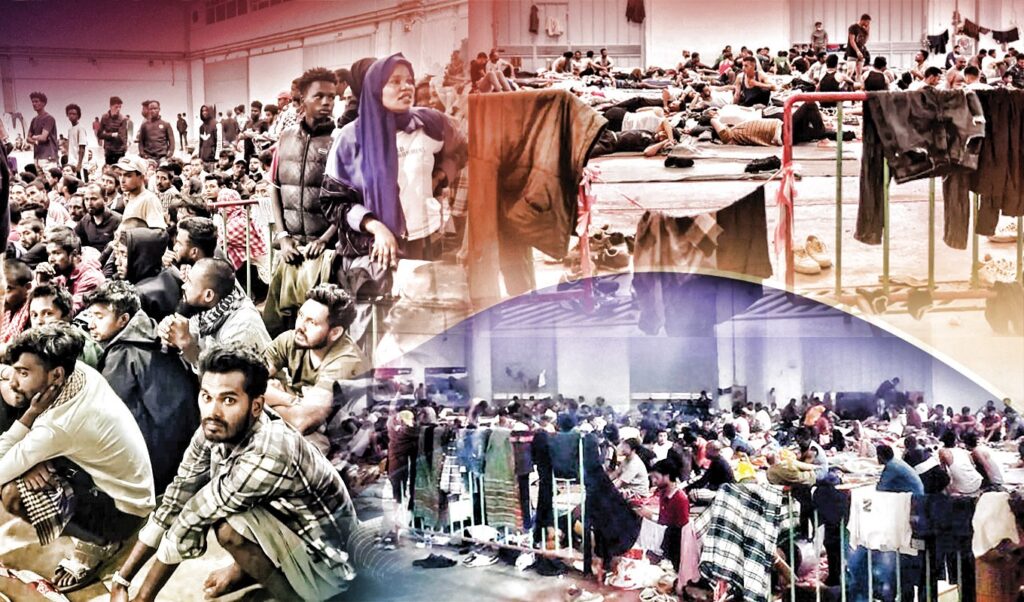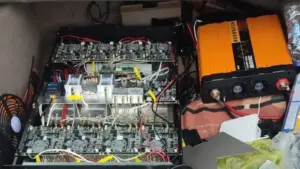For the second time in just three months, Chania and Gavdos have once again become the “epicenter” of the migration crisis, with flows increasing dramatically within just a few days, resulting in over a thousand migrants overwhelming the temporary accommodation facility in the Aguia area. A facility that proved to be anything but temporary, as it served as “shelter” for 340 people for an entire month.
Although the temporary accommodation facility in Aguia, Chania was empty on Tuesday morning (22/9) after a long period, more migrant flows are expected to be transferred there in the afternoon. A total of 208 migrants are expected, of which 172 have arrived since yesterday and the remaining 36 early in the morning. The facility has been cleaned and disinfected to welcome the new residents.
Crete: Local authorities sound SOS alarm over Aguia – Migration drama in Chania and Gavdos
On the other hand, health workers and Red Cross volunteers were forced to leave, fearing – and rightfully so – that the health “bomb” of staphylococcus and streptococcus infections might affect them. Employees of the Crete Development Organization (the building is located above the exhibition center) refuse to go to work, fearing for their lives, while the few port authority and police officers struggle daily to manage over a thousand people. In fact, Chania port authority officers, together with their police colleagues, staged a protest in front of the central Port Authority building, demanding an end to the shame, mockery and ridicule against them, and that they should not bear all the responsibilities.
The plan for creating two temporary accommodation facilities and immediate transfer to mainland Greece
Where the biggest problems are identified
“Chania has received over 60% of migration flows this year. The accumulation of such a large number of people in the unsuitable Aguia facility for a long period is not manageable. The exhibition center is adjacent to the facilities of the Crete Development Organization, resulting in major problems for a critical service that oversees water management in Crete through telemetry and cannot function. Better coordination of the involved ministries is urgently required, so that people, after being registered and health-checked, can leave for suitable facilities in mainland Greece,” notes, among other things, Chania Deputy Regional Governor Nikos Kalogeris, while Chania Mayor Panagiotis Simandirakis made similar statements: “The Municipality of Chania, as it has done since 2023, will continue providing food and essential items for these people. However, we demand that there be a corresponding response from the central government, which has not taken care to arrange all these functions and procedures so that people can be immediately moved from Aguia to the closed facilities of mainland Greece.”
Health “bomb” at the temporary accommodation facility in the Aguia area
Stefanos Doukakis, regional coordinator of Primary Health Care in Chania, speaks of a health bomb, noting: “They could not guarantee our safety to work in this space. There were so many, so disappointed, angry from what they went through there, that it was dangerous for a team of health workers to enter and offer our services. Unfortunately, dermatological conditions and respiratory infections dominate, because the space is closed and people are not getting fresh air, while there is also a lurking danger of gastroenteritis epidemic.”
In his letter, Stratis Flemetakis, president of the Crete Development Company, which manages the Aguia exhibition space, had asked ministers Th. Pleuris and M. Chrysochoidis to stop accommodation in the specific building. The letter emphasizes that “the facilities, apart from being old, do not meet basic safety and hygiene requirements for human accommodation… Cooperation will not continue with a completely wrong way of managing such a sensitive, critical and dangerous situation, which we consider inhumane and insulting to human existence and dignity, to human rights rules and to our national reputation.”
Sevi Voloudaki: Migrant trafficking networks appear to have found Crete as their route
Deputy Minister of Migration and Asylum Sevi Voloudaki speaks of a very difficult situation, with migrant trafficking networks having found Crete as their route. “The situation in Aguia reached a deadlock. The burden falls, unfortunately, mainly on our port authority officers, who give their all, as do the health workers, the Red Cross and the Municipality of Chania,” she adds. As for what will happen after October 11, when the three-month suspension of asylum applications expires, Ms. Voloudaki emphasizes that depending on the country of origin, migrants will apply for asylum accordingly. “Even if they go through the procedure, those who come from so-called ‘safe’ countries will be pushed back.” She expresses, however, her concern that the repatriation process is not proceeding well and at fast rates, because there is no cooperation that should exist with the countries from which the migrants originate.
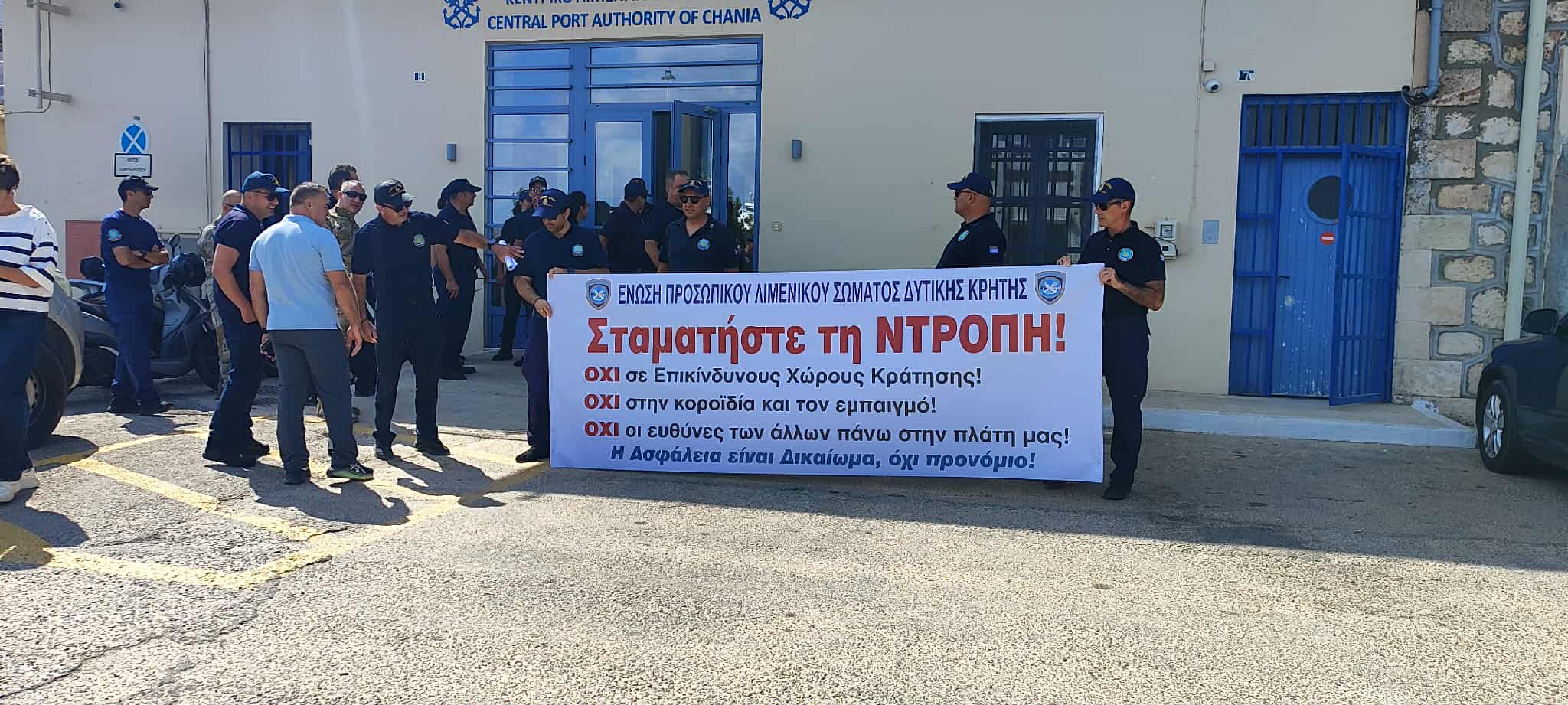
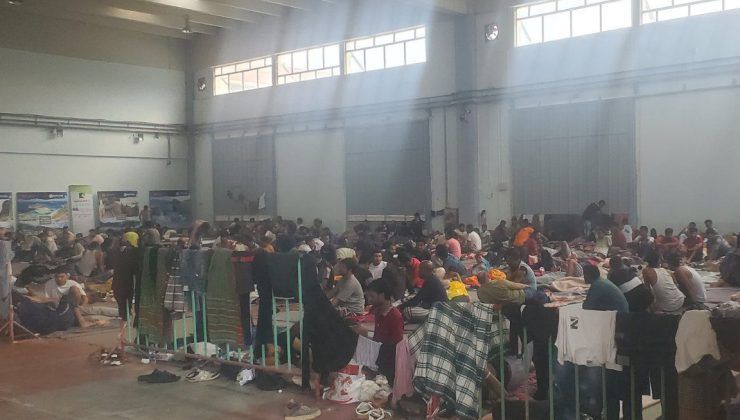


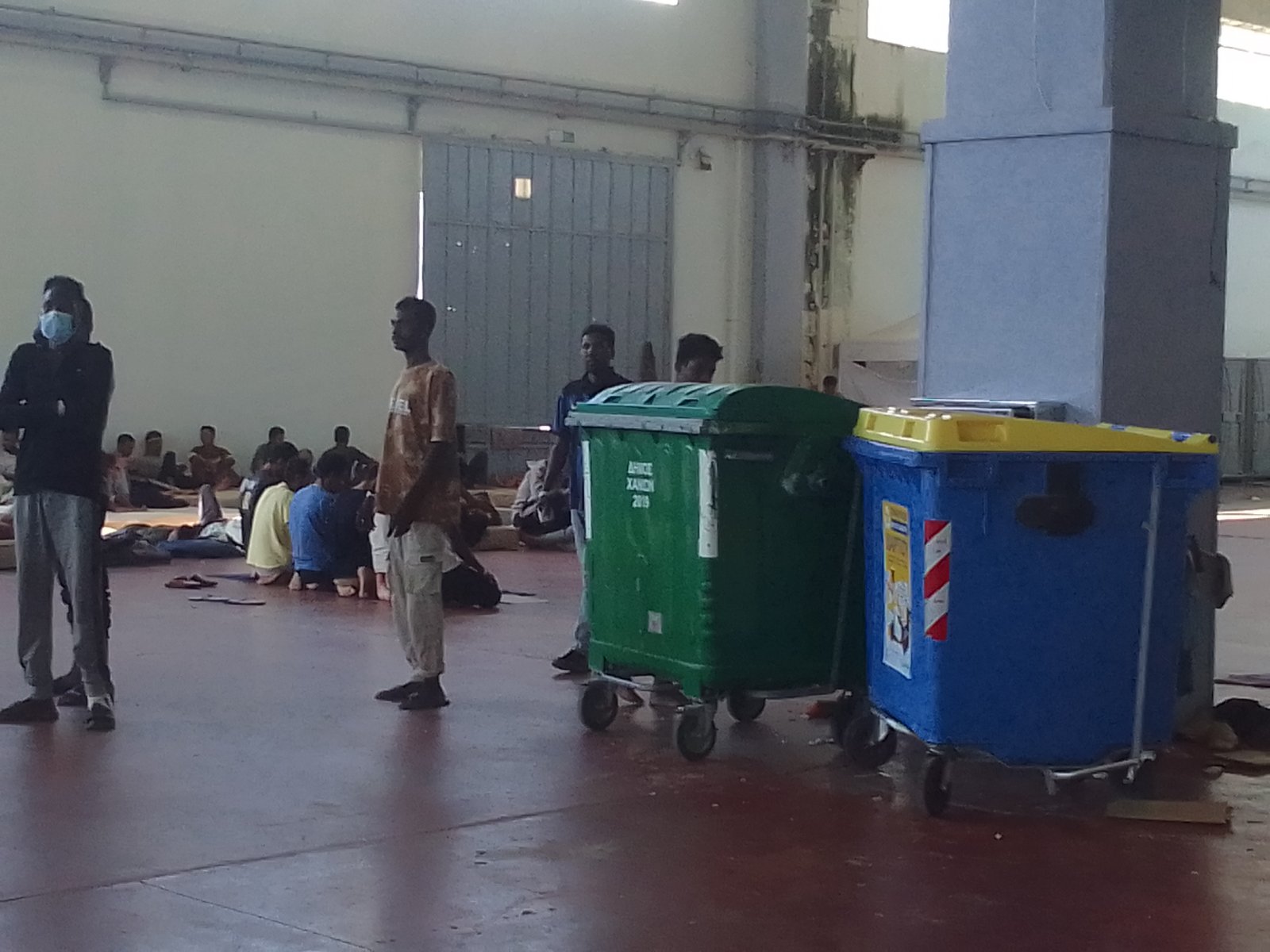
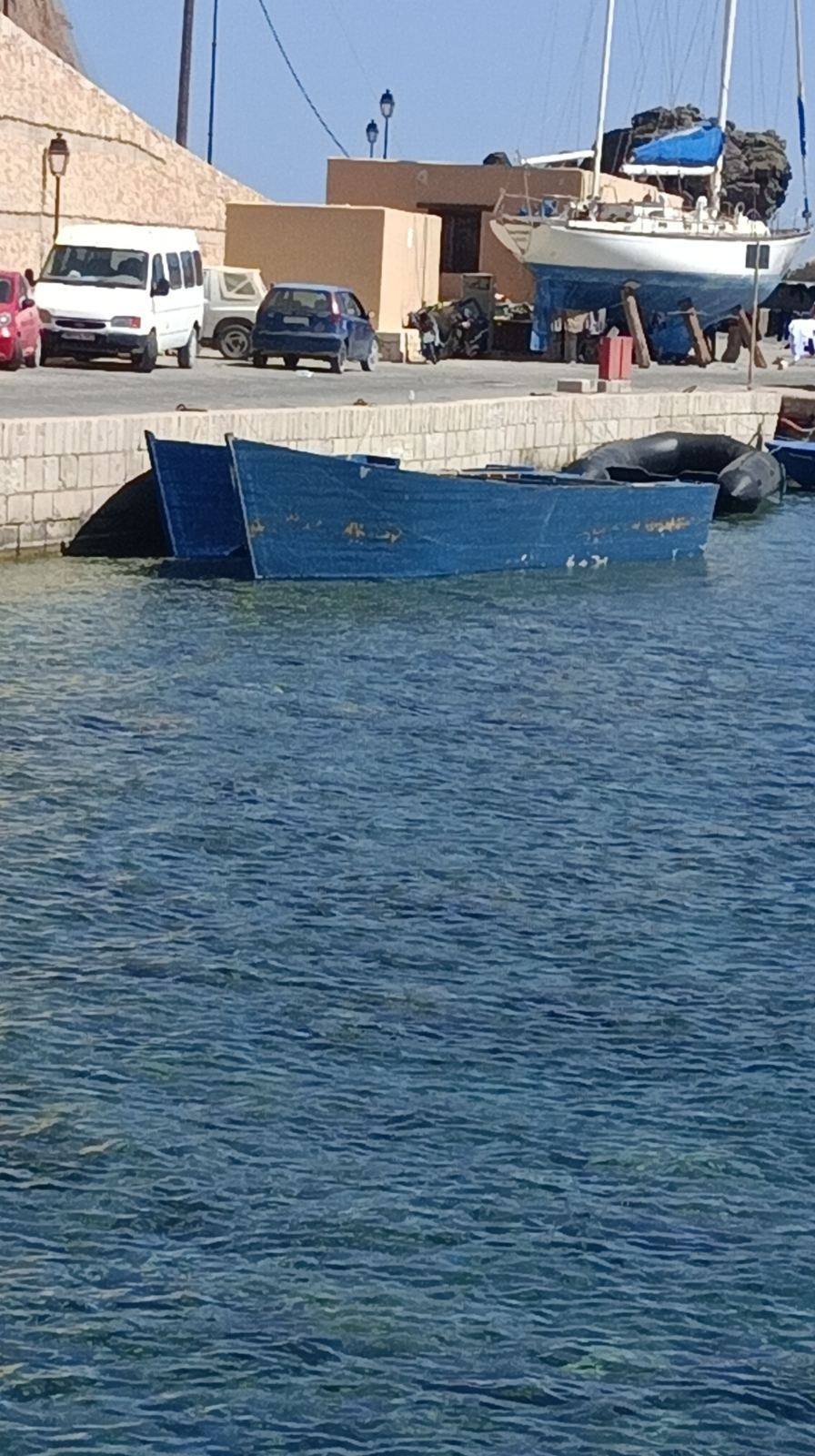
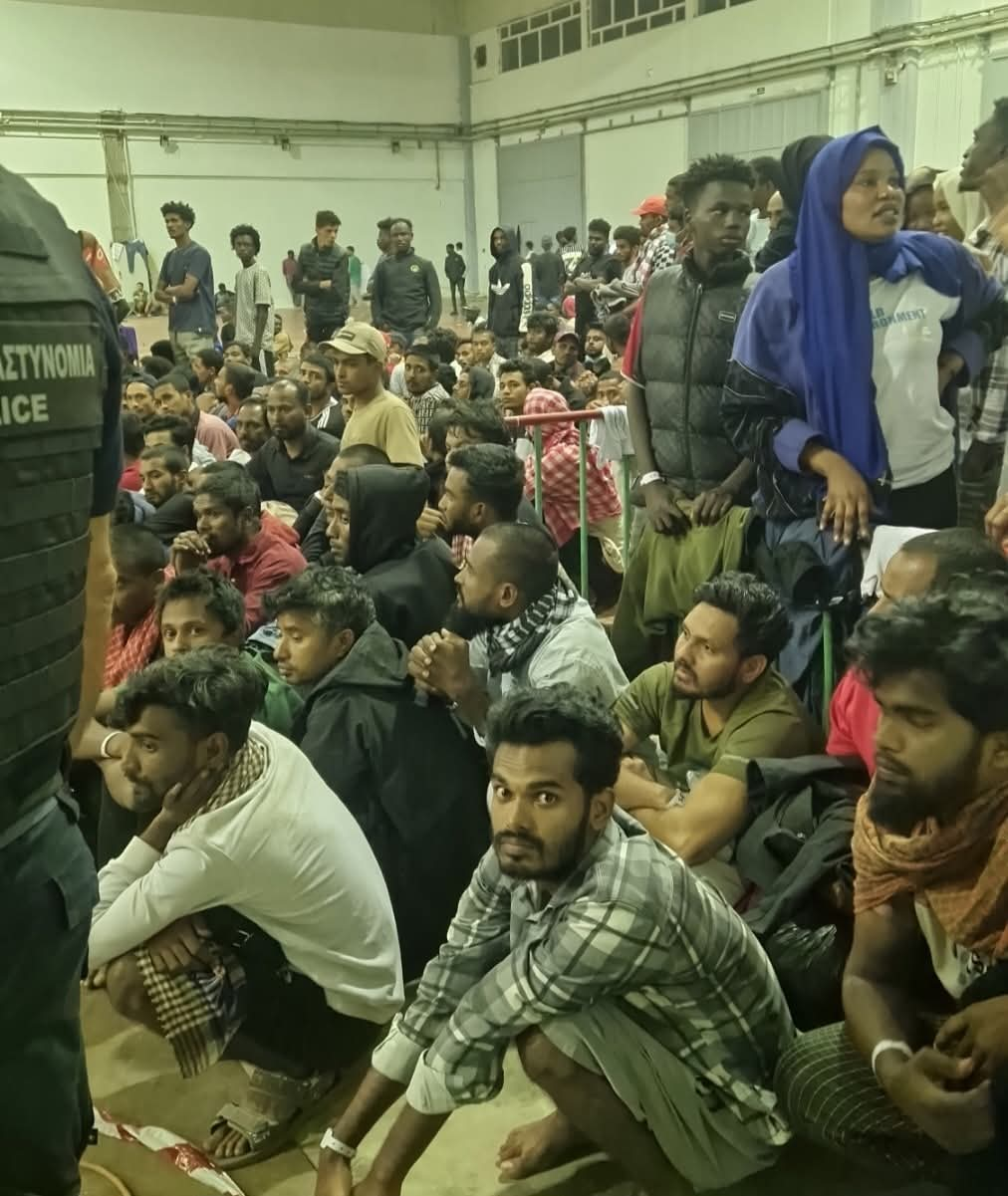
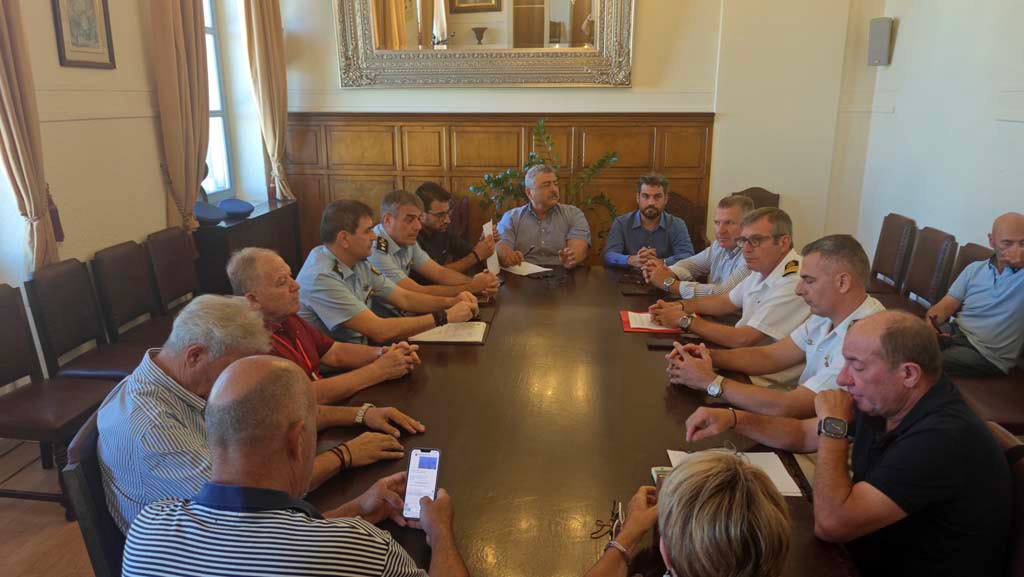
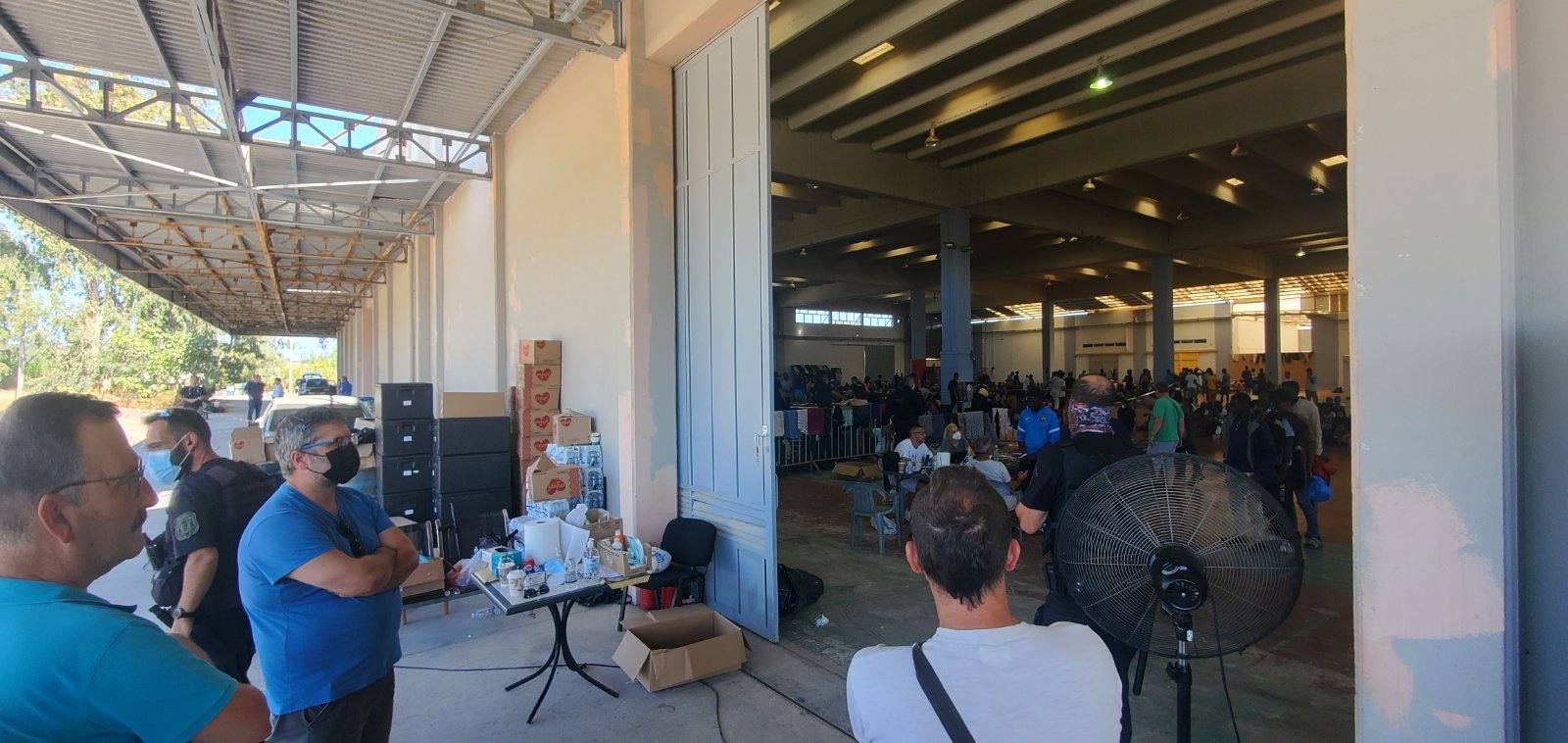
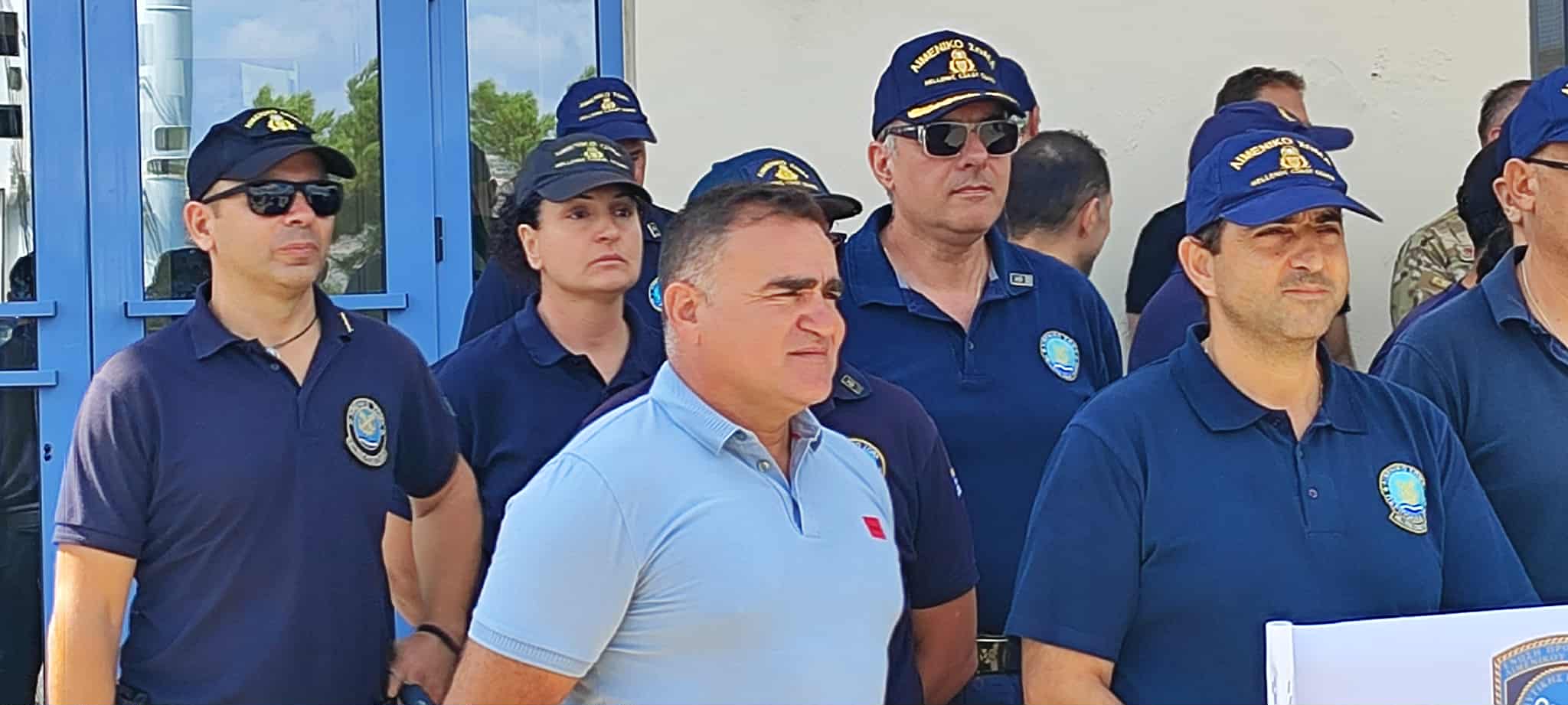
Read on Parapolitika

